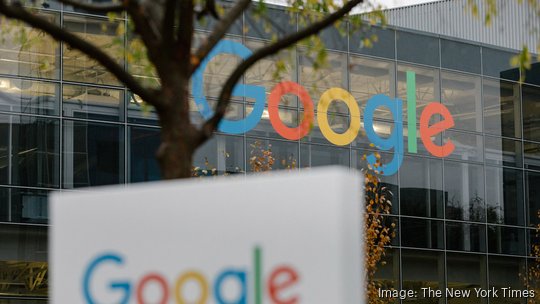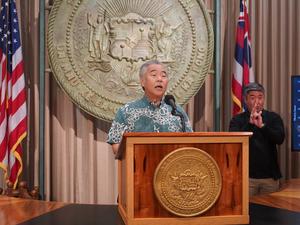
Hawaii will receive $4,705,227 from a multistate settlement with Google over its location tracking practices, the state's Office of Consumer Protection announced Monday.
This is part of a $391.5 million settlement involving 39 other states, and is the largest multistate privacy settlement in U.S. history, according to the Hawaii Office of Consumer Protection.
“This historic settlement holds Google accountable for misleading consumers into a false sense of security regarding its privacy settings. Instead of respecting the explicit wishes of consumers regarding their privacy settings, it took advantage of the trust that they had placed in it for its own financial gain," Stephen Levins, executive director of the Hawaii Office of Consumer Protection, said in a statement.
The states in the settlement found that Google had violated consumer protection laws by misleading users about location tracking practices since 2014. The Office of Consumer Protection said that the company caused users to be confused about certain settings, including the "location history" setting and the "web & app activity" setting, as well as the extent to which consumers could limit location tracking by adjusting their account settings.
Typically, settlement money received from multistate enforcement actions, unless stated otherwise, will "be utilized by the respective agencies for continued consumer protection and enforcement," a spokesperson for the Hawaii Office of Consumer Protection told Pacific Business News.
The office said the settlement money requires Google to be more transparent about its practices by showing additional information to users whenever they change a location-related account setting, making key messaging about location tracking more visible, and providing detailed information about the types of location data Google collects and how it’s used. It also limits Google’s use of certain types of location information and requires account controls to be more user-friendly.







